If one takes into account order bookings, collaborations, product developments and prospective markets, buying shares of fuel cell companies looks ever more promising. But the capitalization of the market leaders in fuel cells described in this article amount to a mere USD 750 million – a stark contrast to Tesla, the electric car pioneer, which has a market cap of USD 34 billion. These companies may very well get closer over the coming years, if Tesla gradually loses in value while fuel cell shares increase considerably in price. This can happen as soon as people become increasingly aware of the fact that fuel cells combined with “green hydrogen” represent a serious and growing competition to battery-only systems.
Hydrogenics partner Alstom announced that it considered itself a frontrunner in hydrogen-driven railway vehicles and that it would present a world novelty at a German industrial trade show over the coming months. Additionally, the company had actual bookings in the pipeline (in the German state of Lower Saxony). Has Alstom‘s management not been aware of Ballard’s considerable progress in the field in China? Doesn’t matter. All in all, it’s certainly good news for Hydrogenics, since the train design will likely …
The company has additionally received an order from SinoHytec (years-long collaboration) with a total contract value of …
Risk warning
Investors must understand that buying and selling shares is done at their own risk. Consider spreading the risk as a sensible precaution. The fuel cell companies mentioned in this article are small and mid-cap ones, i.e., they do not represent stakes in big companies and the volatility is significantly higher. This article is not to be taken as a recommendation of what shares to buy or sell – it comes without any explicit or implicit guarantee or warranty. All information is based on publicly available sources and the assessments put forth in this article represent exclusively the author’s own opinion. This article focuses on mid-term and long-term perspectives and not short-term profit. The author may own shares in any of the companies mentioned in this article.
Author: Sven Jösting




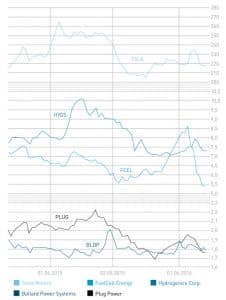

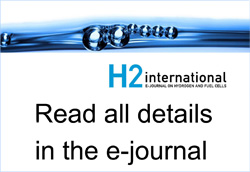













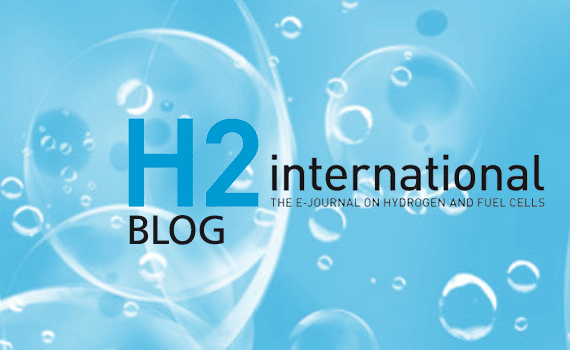
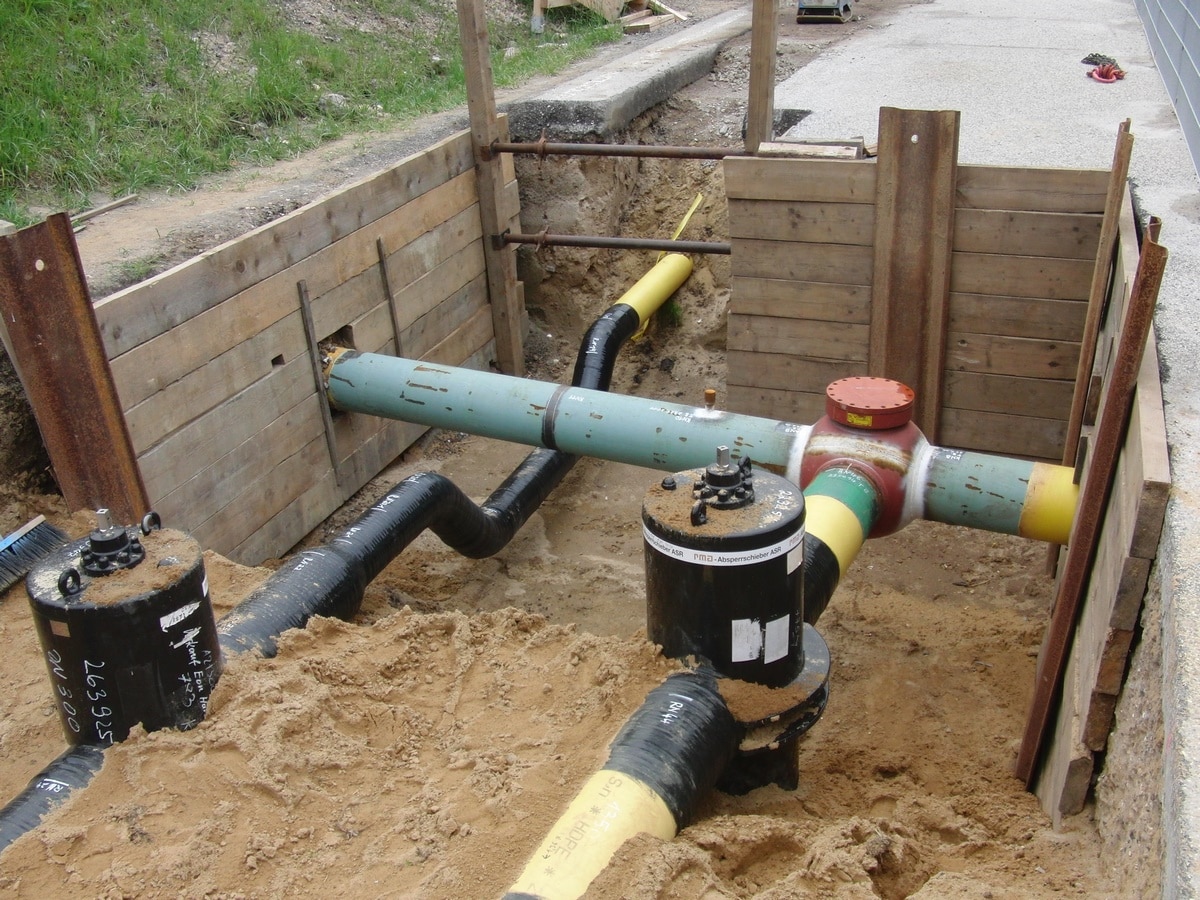
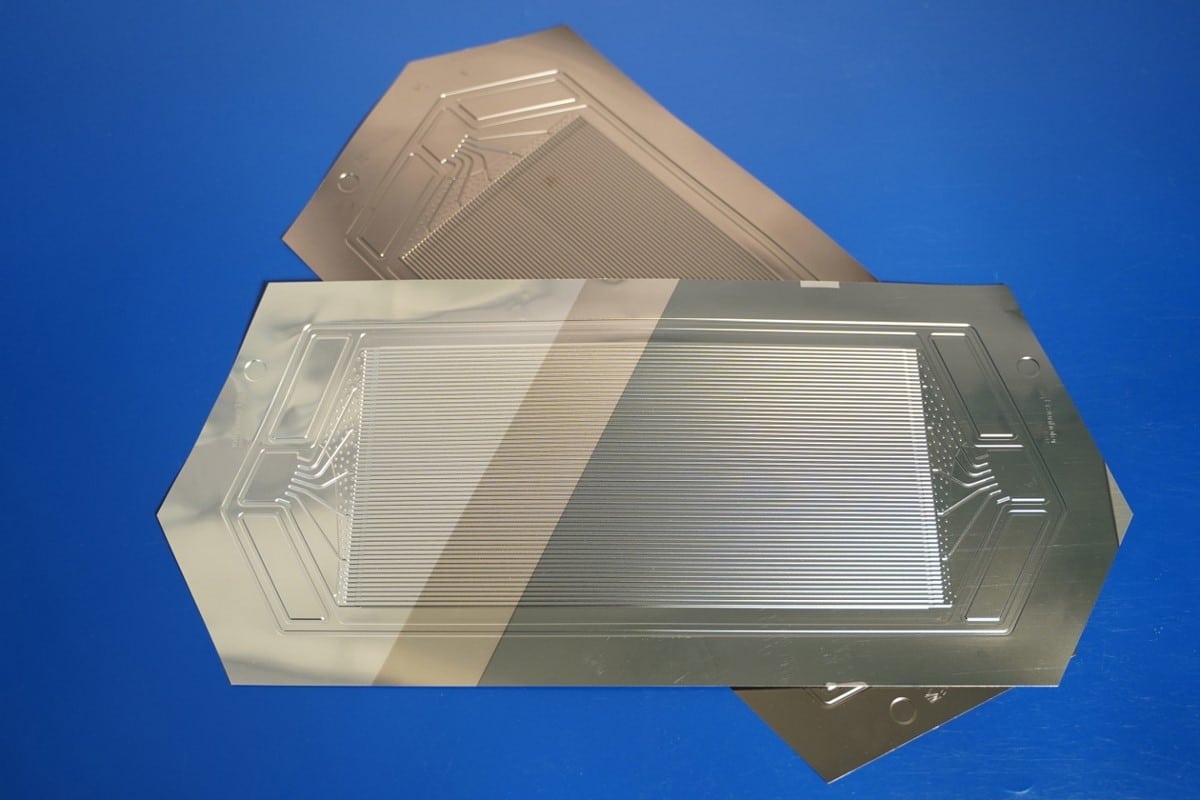
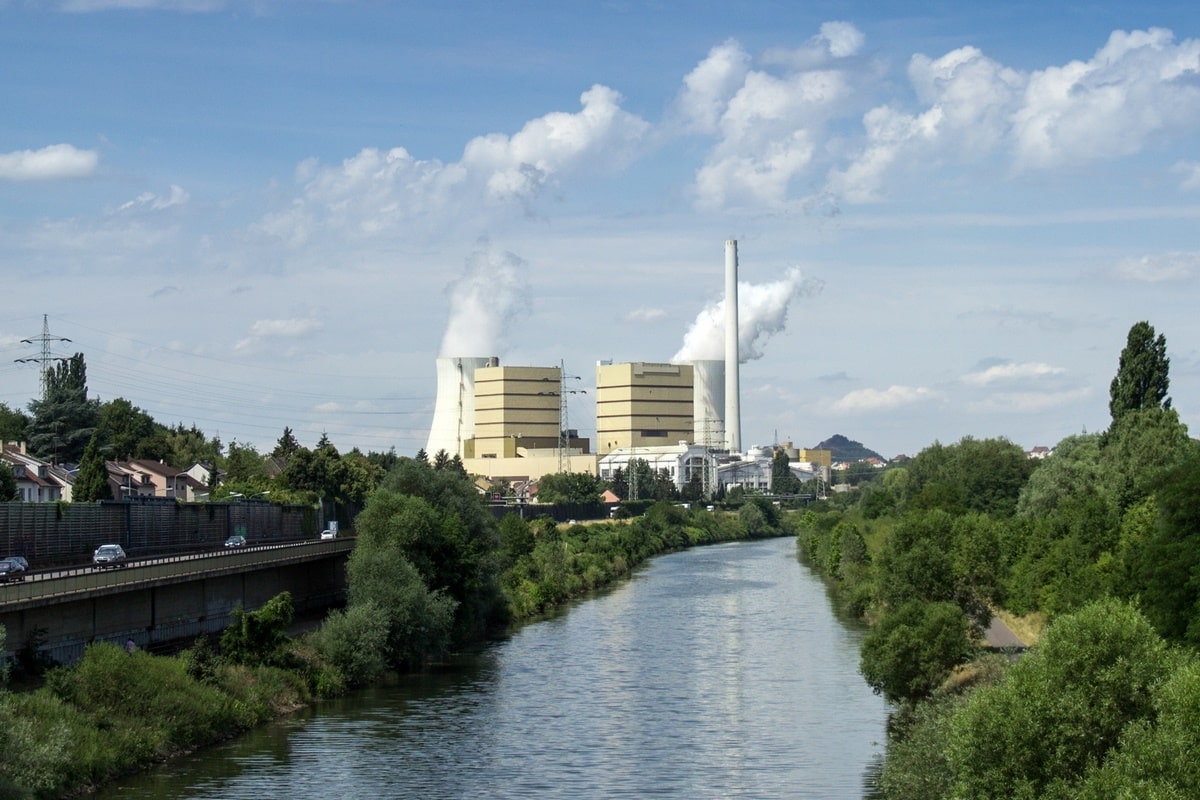
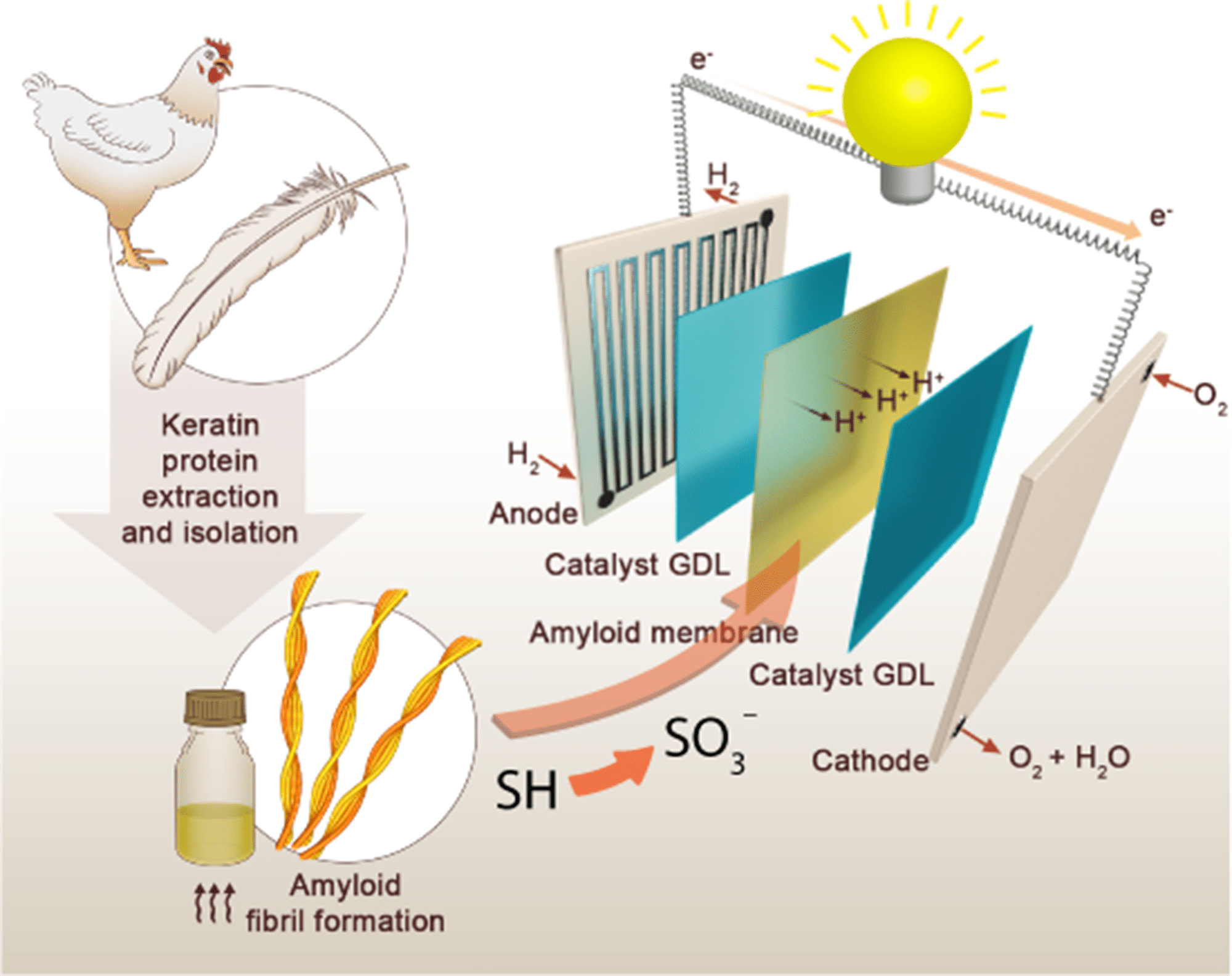
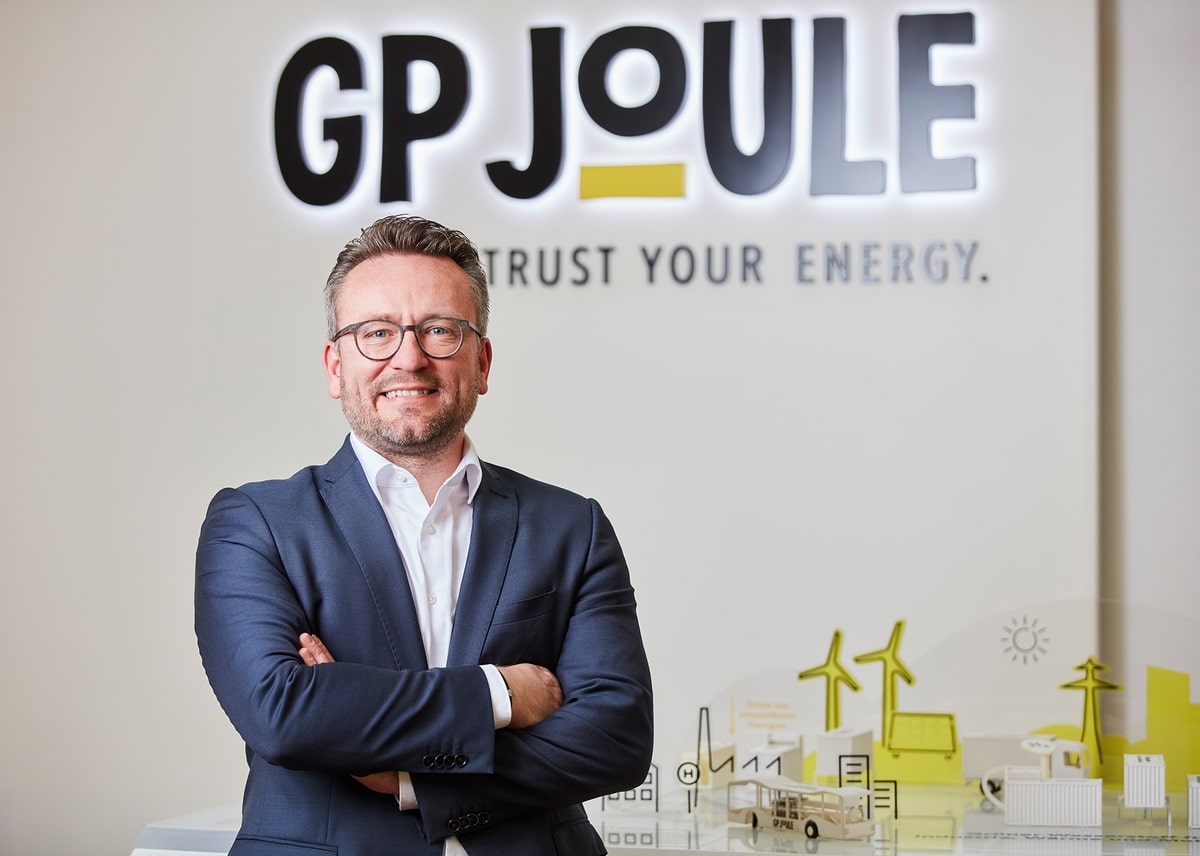
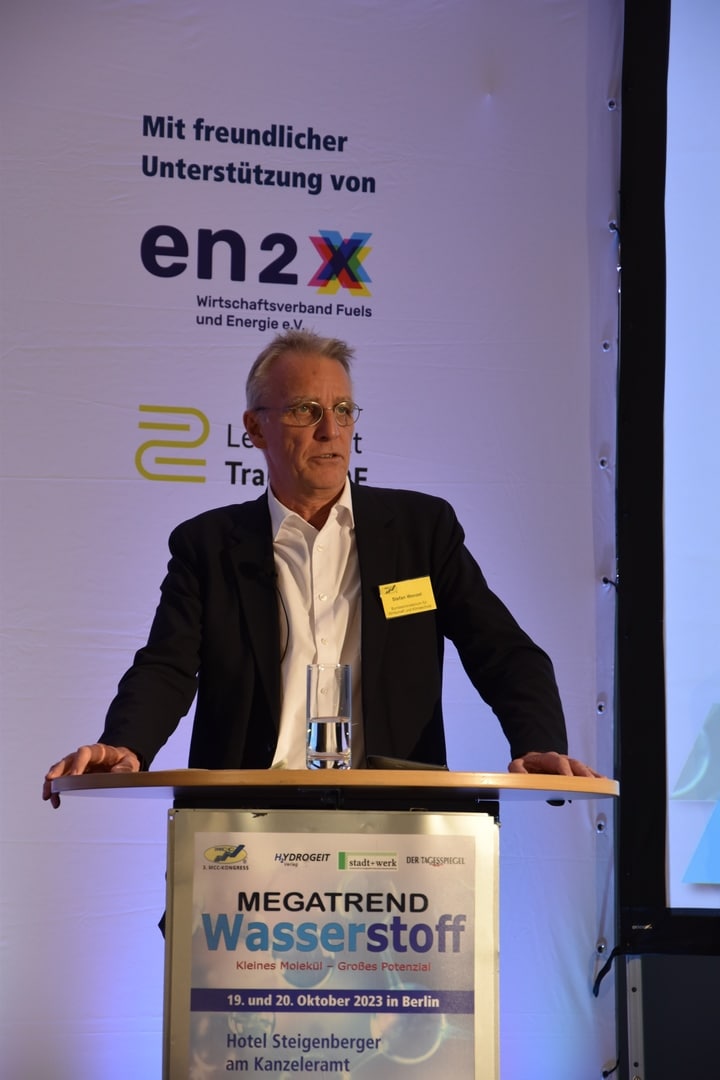
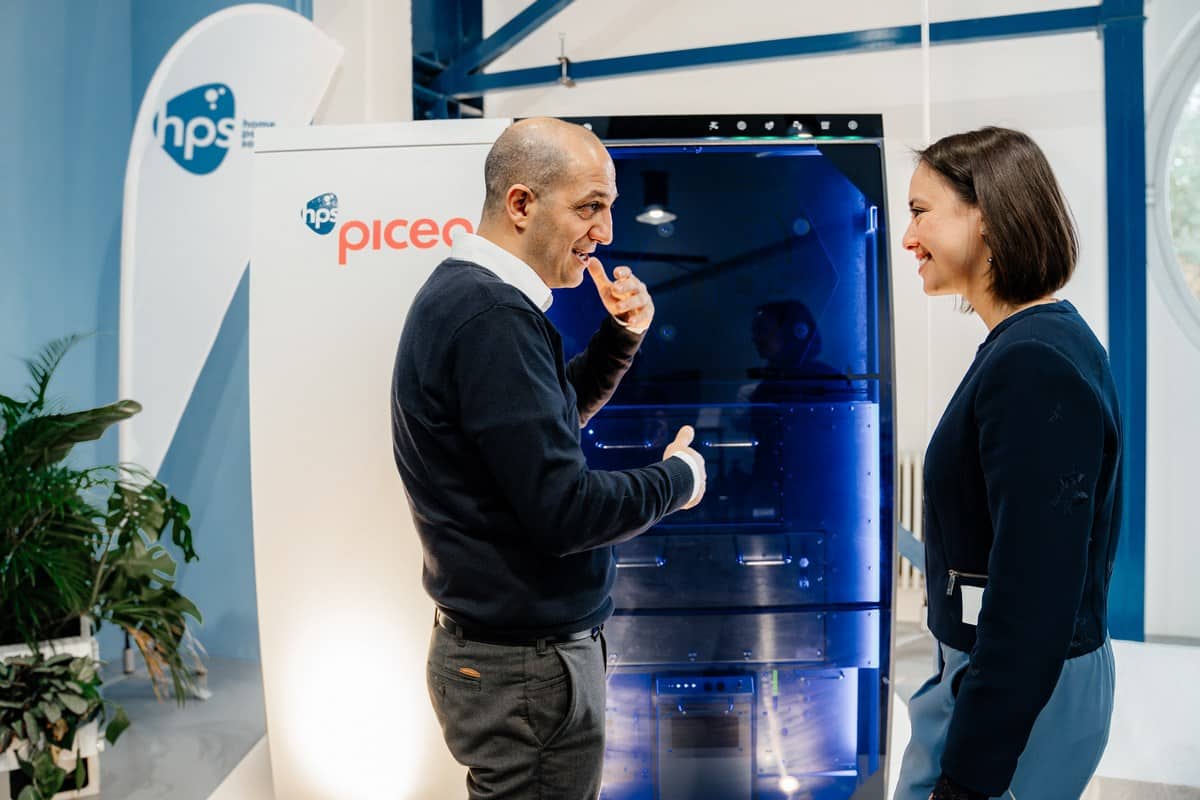
Treating Alstom, Hydrogenics and Ballard as individual commercial instances misses the point. Deliberate orchestration of transition of the world’s railroads to wireless fuel cell electrification (hydrail) for societal—climate and capital preservation—reasons has been vigorously pursued since 2005 via annual International Hydrail Conferences in the US, Denmark, Spain, Turkey, the UK, Canada and Germany. The eventual change was inevitable; bringing it about much sooner is socially ethical.
Search: hydrail + conferences + Mooresville + “Appalachian State”